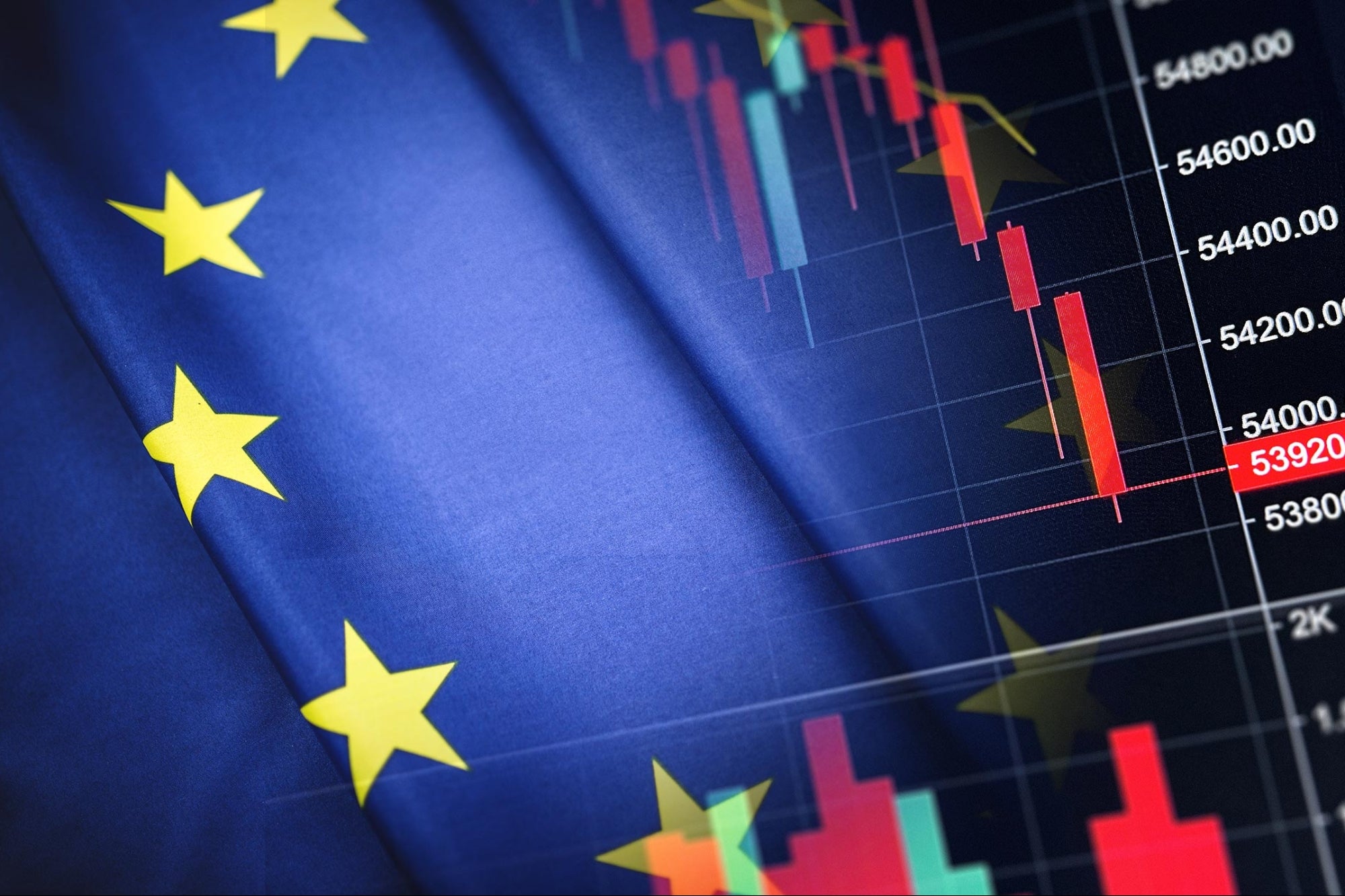New Forex Reporting Formats Can Bring Greater EU Compliance for Institutions The quality of reporting data for traders are emerging at a rapid rate, and this added level of transparency can help improve MiFID regulatory compliance.
By Dmytro Spilka Edited by Jason Fell
Opinions expressed by Entrepreneur contributors are their own.
You're reading Entrepreneur Europe, an international franchise of Entrepreneur Media.

The forex ecosystem and EU haven't always seen eye to eye but with the implementation of a new standard in reporting, we may see greater levels of institutional compliance enter the market.
Although it can be easy for traders to enter the world of currency trading, it can be difficult to generate any meaningful profits from the industry. With a competitive market, it's vital that all market players are catered to in a transparent manner among brokerages, with a wealth of tools to improve performance.
While forex can be a highly lucrative market that outpaces even the total volume of global stocks and shares, it's also a place where many of the most experienced traders and institutions have struggled for performance.
The vast majority of retail traders experience losses when embracing markets, and there's no guarantee that institutional counterparts will perform better.
Data suggests that the number of retail traders that run up losses is exceptionally high. Forex.com data shows that 72% of the brokerage's users operate at a loss, with the figure climbing to 75% for IG Markets, 76% for Saxo Bank, 76.6% for Oanda, 77.16% for IC Markets, 84.6% for FX Pro, and 85.12% for Pepperstone.
These figures can be a headache for EU regulators like MiFID II, which was established in 2007 with an emphasis on maximizing customer protection when it comes to investing throughout Europe.
MiFID and other directives like ESMA regulate the financial element of FX trading, with a series of general rules for all EEA members.
The trend of traders losing out throughout the forex landscape can be an issue for compliance. While institutional traders are unlikely to struggle on the same levels as their retail counterparts, it's imperative that the industry becomes more transparent and leverages an environment that allows market participants to learn, grow, and refine their approach.
Fortunately, innovations in the quality of reporting data for traders are emerging at a rapid rate, and this added level of transparency can not only pave the way for better performance for all participants but can also help to improve MiFID regulatory compliance.
Achieving compliance within EU forex trading.
The Markets in Financial Instruments Directive, known as MiFID, is a set of common unified standards that are required to be accepted by all members of the European Union and covers a vast range of investment firms throughout Europe. This means that forex markets fall under MiFID regulation.
With an emphasis on promoting transparency to deliver greater levels of fairness and safety within financial products and services, FX brokers are required to comply with MiFID II regulations to operate on the continent. This means that MiFID II covers deliverable and non-deliverable forwards and swaps, as well as other derivatives, but doesn't require FX brokers to prepare pre-trade reports.
To comply with MiFID II regulatory requirements, forex brokers need an international securities identification number (ISIN) as an indicator of compliance.
In a forex landscape that's been impacted by widespread market losses among participants of all levels, it's essential that FX brokers use all available tools to help leverage a fair playing field when it comes to trading. This includes the delivery of a more transparent ecosystem to help traders monitor their performance and improve their strategies as they go.
It's for this reason that new reporting innovations can come as a breath of fresh air for EU forex trading, and their easy implementation could see more brokers deliver a fairer trading environment for retail and institutional traders in a matter of weeks.
Embracing next-generation reporting.
In a recent update of MetaTrader 5 terminal, the company has released a series of advanced trading statistics tools with a view to improving the professional trader experience model in a way that can deliver greater transparency throughout the industry.
The development of reporting allows brokers to gain access to an analytical suite of insights that removes the need for third-party services in order to understand their performance.
The new reporting format features analytical insights into KPIs such as profit factor, drawdown, deposit load, and profit margins for traders. It can also draw on a wealth of historical data regarding profitable and losing trades, all of which can be broken down by trading approach.
As the main provider of FX software for brokers, MT5 helps deliver greater compliance for the FX brokers that adopt the reporting format and paves the way for powerful insights into long and short positions, which can break trades down by various signals, trading bots, and manual trades.
With the use of colour coordination and an emphasis on user-friendliness, this format paves the way for a conducive customer experience that strengthens market transparency and regulatory compliance for brokers.
Reaping the rewards of insight.
For traders, utilising effective reporting can improve market performance and add greater levels of ease to the analysis of raw data that pinpoint effective and ineffective trading patterns. These insights will help to highlight what's going right or wrong within a strategy in an actionable and unprecedented way.
This can help contextualise forex markets in a fresh way and opens the door to traders looking to better understand their conviction levels when leveraging trades with more tangible metrics than sentiment analysis or fundamental analysis.
Paving the way for a future built on compliance.
The forex playing field has had to endure a chequered history when it comes to profitability, with many retail and institutional traders forced to abandon their portfolios amidst such a challenging landscape.
These shared negative experiences and a perceived lack of transparency throughout the market have repeatedly thrown the FX landscape into hot water when it comes to EU regulatory bodies like MiFID II, but the arrival of new innovations promises to help deliver a level of compliance that promotes a more positive customer experience.
In a market that can be unforgiving to even the most experienced of traders, this range of actionable metrics can help to forge stronger strategies in a more transparent way for all participants. This makes the new reporting format a key component in paving the way for a more sustainable trading environment for both retail and institutional players.











